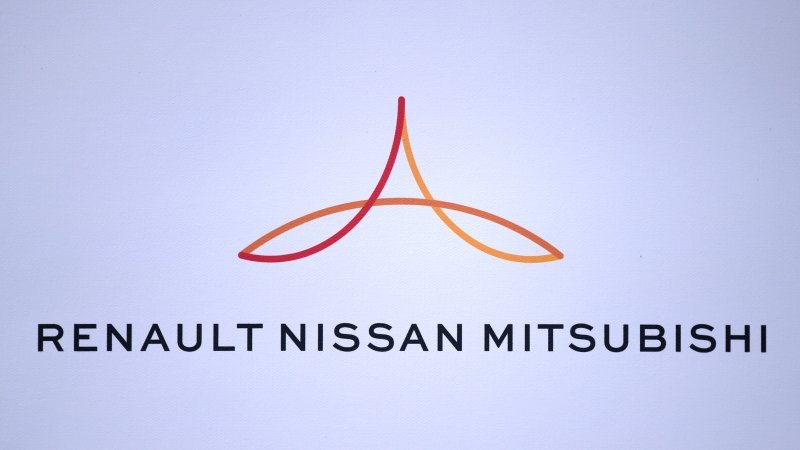he Renault-Nissan-Mitsubishi alliance has posted the final sales numbers for 2017, with combined sales standing at 10,608,366 units. Group Renault moved 8.5 percent more cars last year by delivering 3,761,634 vehicles, while Nissan shipped 5,816,278 units (up by 4.6%). As for Mitsubishi, the company saw a 10% boost in deliveries, at 1,030,454 cars. See the attached press release below for a more in-depth look at the numbers based on automaker and region.
Despite the Dieselgate issue, it's safe to say the Volkswagen Group had an exceptional 2017. Customer deliveries rose by a significant 4.3 percent to a record 10.74 million vehicles. December was a particularly successful month for VAG, with nearly 1 million (998,800 units) shipped all over the world, representing an 8.5% increase compared to December 2016.
But was that enough to allow the VW Group hold on to its sales crown? If you're asking the newly formed Renault-Nissan-Mitsubishi, the answer would have to be "no." According to the alliance's CEO, Carlos Ghosn, the company he's running is technically the biggest car manufacturer in the world with more than 10.6 million light private and commercial vehicles sold.
Yes, 10.6M < 10.74M, but the man in charge at the French-Japanese alliance argues that while they're not including the amount of heavy trucks delivered, the Germans are factoring in sales coming from Scania and MAN. These two brands account for roughly 200,000 units of the VW Group's total sales. Without these, VAG is in second place, according to Ghosn. He went on to mention "there can be no further discussion" about who claimed the number one spot in 2017: the Renault-Nissan-Mitsubishi alliance, which also includes Russia's AvtoVAZ , Romania's Dacia, as well as the revived Datsun low-cost brand.
Toyota's final numbers for last year have not been published, but the company expects to take third place with 10.35M vehicles or 2% more than in 2016. For 2018, Toyota – including Lexus, Daihatsu, Hino – estimates it will further boost sales and hit 10.5M.
When it comes down to premium automakers, Mercedes claimed first position in 2017 with around 2.3 million cars, thus eclipsing BMW and its 2.08M performance. Audi had to settle for third place with 1.87M units delivered worldwide.
As a refresher, the top three automakers (including the other companies they own) of 2016 were the Volkswagen Group (10.3M), followed by Toyota (10.2M) and Renault-Nissan (9.96M).



